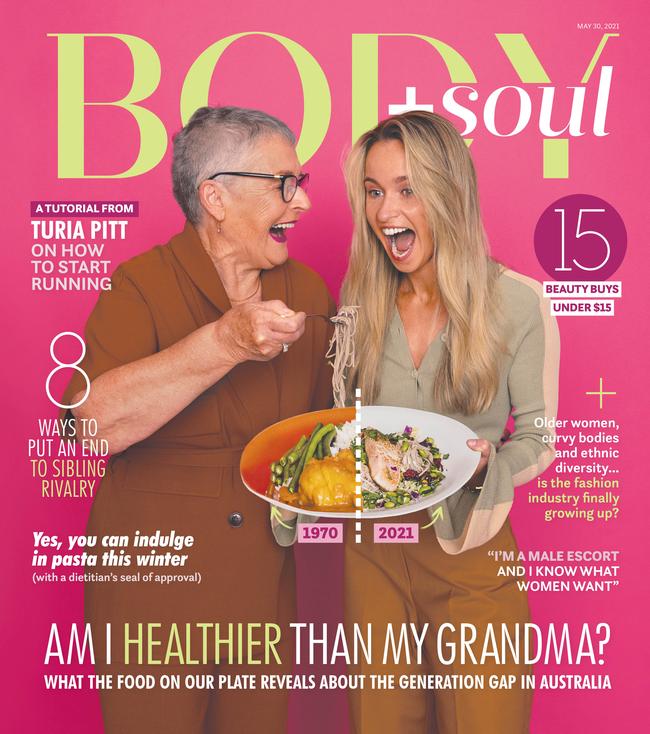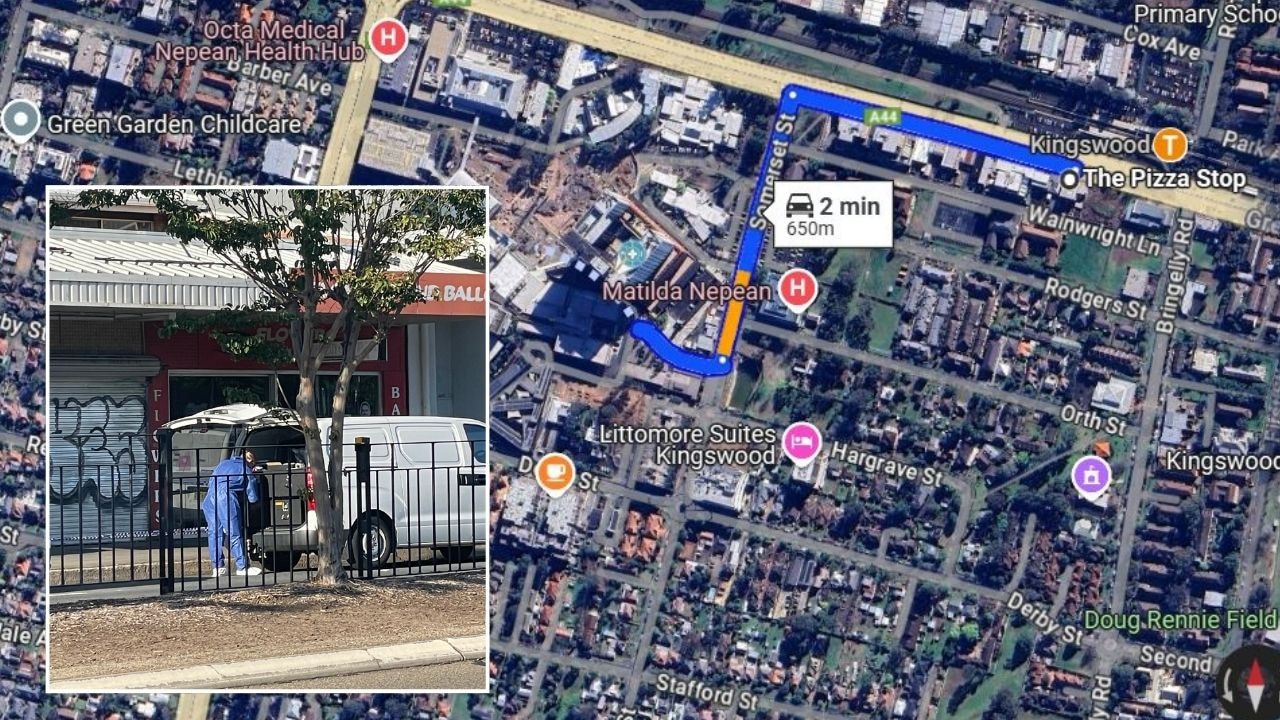Lauren Huxley reveals to Sophie Delezio how she fought back from brutal attack
They are two incredible people who captured our hearts with their courage and in her new series Sophie Delezio interviews Lauren Huxley about how she triumphed over adversity.
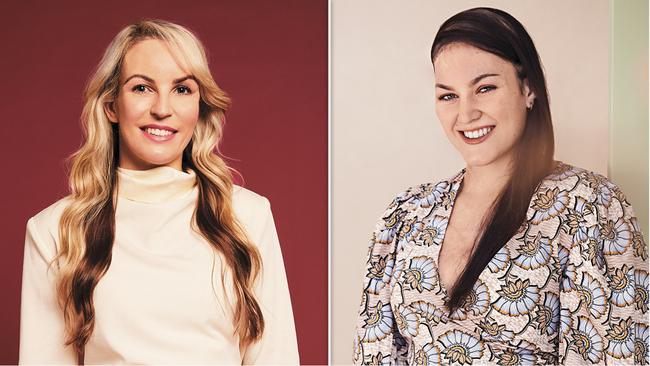
NSW
Don't miss out on the headlines from NSW. Followed categories will be added to My News.
Lauren Huxley was just 18 when a man broke into her Sydney home and brutally attacked her in 2005. She was beaten so badly that doctors gave her a five per cent chance of survival; she remained on life support for 23 days.
Lauren’s road to recovery was long and extensive – she endured nine major surgeries and had to learn how to walk, talk and eat again.
Ultimately, her mind would wipe the horrific event entirely from her memory – and she now describes feeling almost as if the incident happened to someone else, or occurred within a dream she can’t recollect.
As survivors of physical trauma, it’s a feeling we both have in common. I first met Lauren several years ago and was blown away by her strength, courage and resilience.
Speaking to her, I quickly realised you don’t have to have the same disability or history to have experienced the same pain.

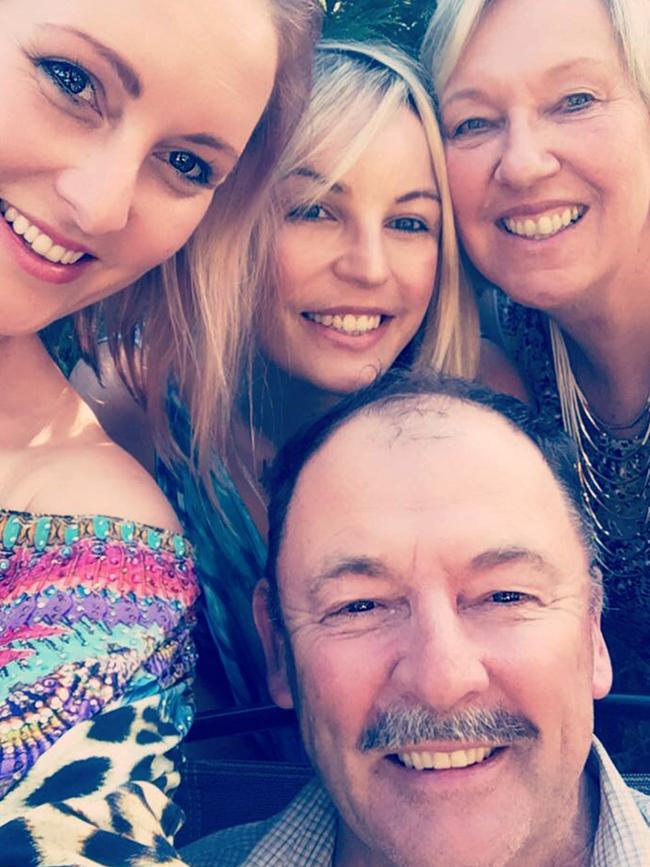
Today, Lauren is living life to the full – never questioning why this happened or letting negativity take over. Because of her memory loss, her sister Simone assisted with answering some of the questions in our interview. At the request of Lauren and her family, the attacker’s name will not be included.
What was your recovery process like?
Lauren: I had to take it slow and not push myself. I never thought “Why me?” There was no point. I kept positive for the sake of myself and my family.
Simone: When she was first learning how to walk again, they put her on a board and tilted her to get her blood pressure used to being upright. I remember the colour drained from her face. Then they got her on this big walker and it was so hard to watch – she was screaming, like she was in pain, but it was actually more to do with her brain trying to retrain itself to do these simple tasks. Later on, we would be worried about whatever surgery she was about to have, but she’d just say, “Don’t worry about me, I’ll be right!”
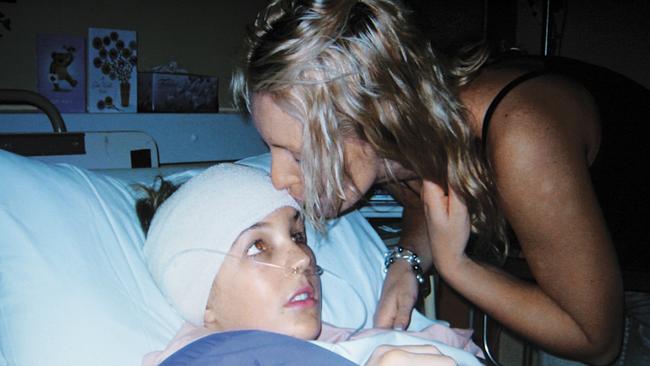
What have been some of the challenges?
Lauren: I definitely had low points in the early stages. The hardest was watching my hair grow back – it was so short and grew back so slowly. I have a bald spot where [the attacker] pulled my hair out and it’s never really healed. Going through five years of operations and rehabilitation, I was just focusing on getting better, so I missed out on a lot. I lost quite a few years of my life – I’m 34 but feel like I’m 29. My friends are at different stages now. Some never really understood or they stayed around for the wrong reasons, wanting the spotlight but not being there for me once it was gone. I didn’t need that in my life.
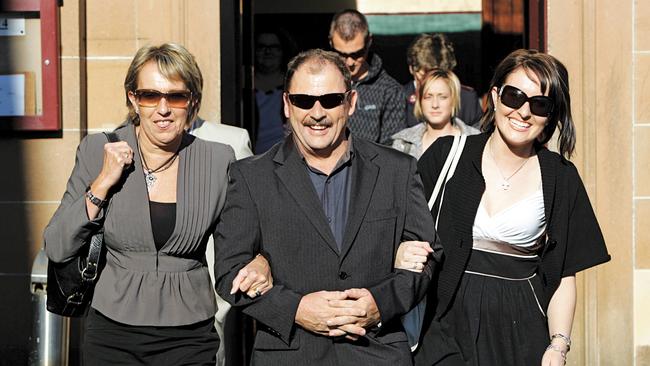
How can we affect change so that others don’t have to go through what you did?
Simone: [We need] tougher sentences; a tougher criminal system. The man who attacked my sister had 26 convictions already – he was on bail and parole, and then committed this crime. He should never have been out. If he was in jail this never would have happened. How many others are like him? He qualifies for parole in eight years, which is terrifying.
Lauren: We need to educate kids from a young age – with programs about violence against men and women, starting at school. And the government needs to teach kids self-defence – people shouldn’t have to go out of their way to get that education.
Sixteen years on, what have you learnt about yourself throughout this journey?
Lauren: You never realise how strong you and your family can be until an experience really tests you. Family is everything. All their love and support they’ve given me over the years... I don’t know where I would be without them. Time really does heal. I’m so happy and grateful to be alive – and I’ll never take things for granted again. I’m here for a reason. I survived.
